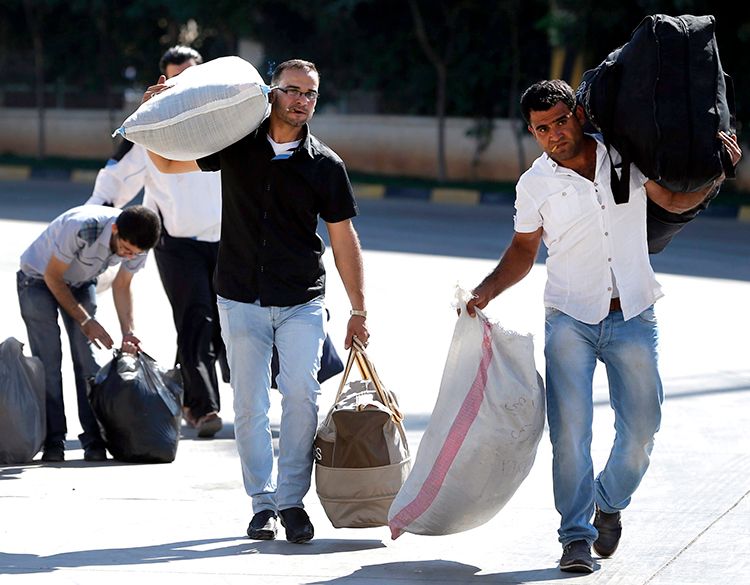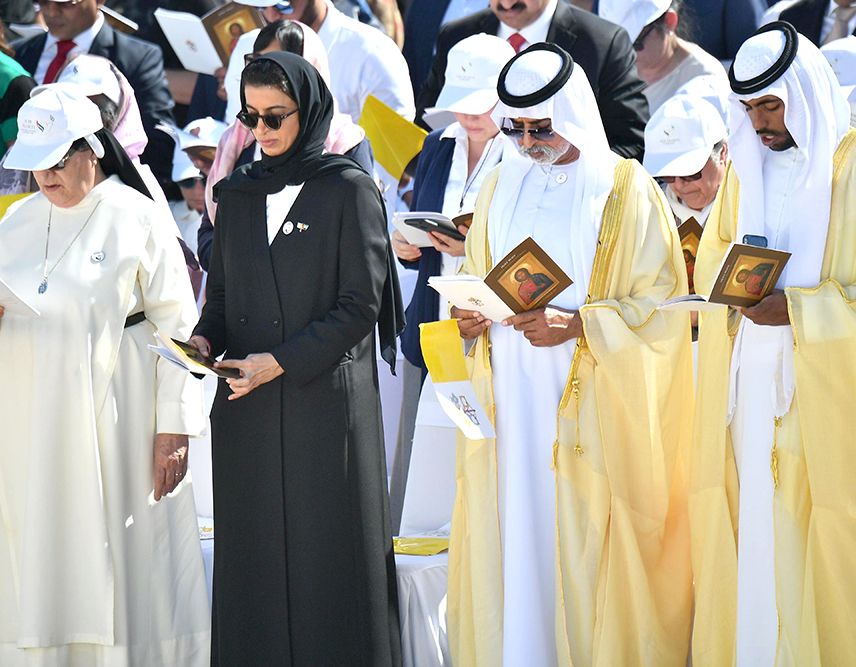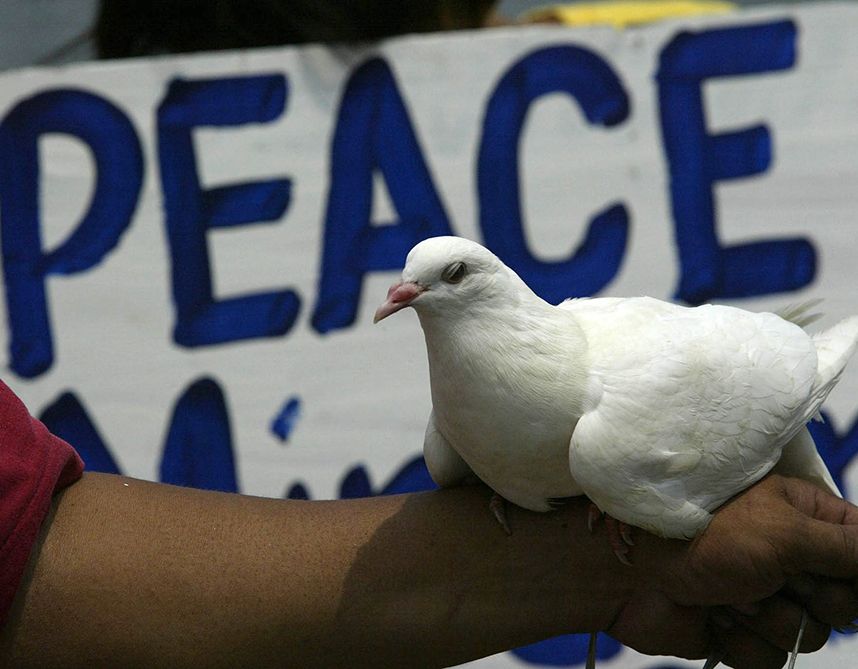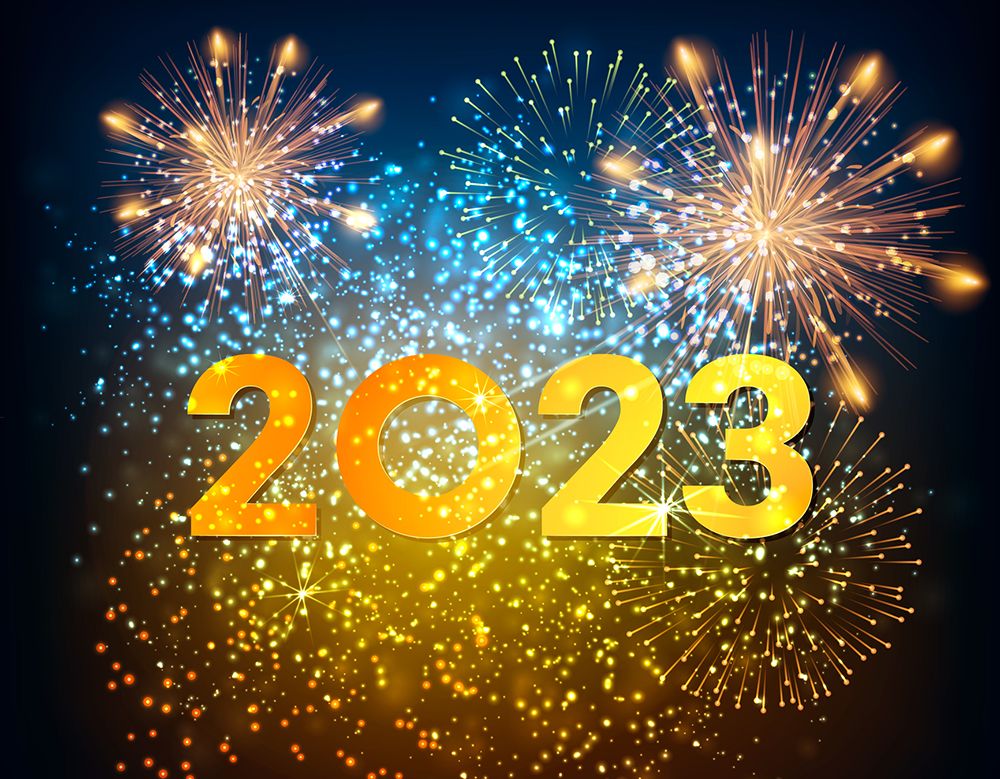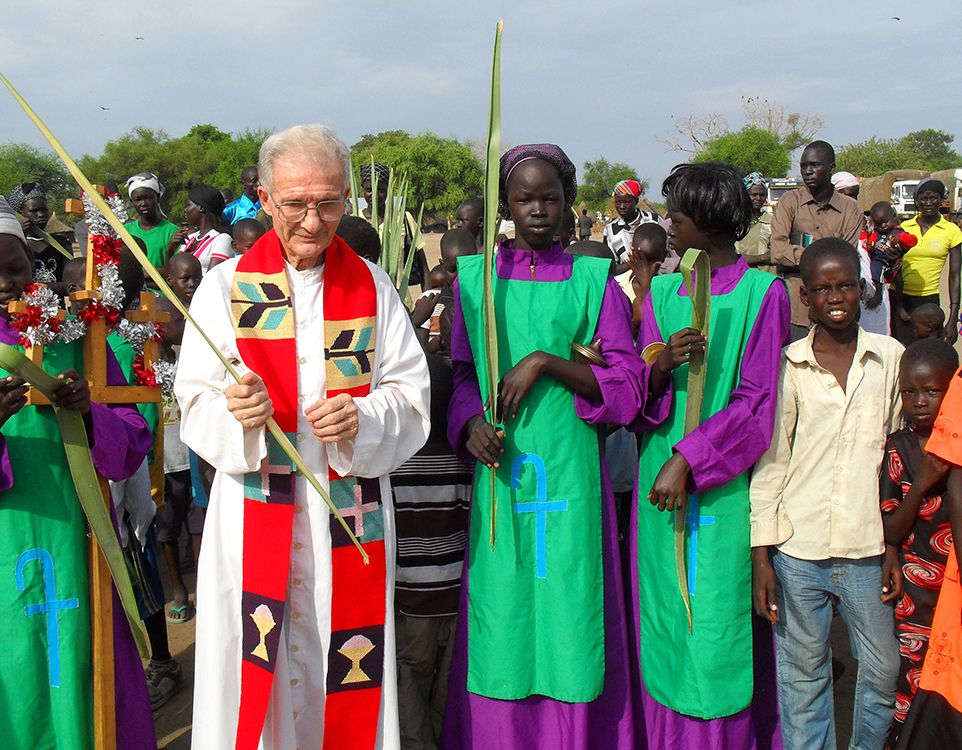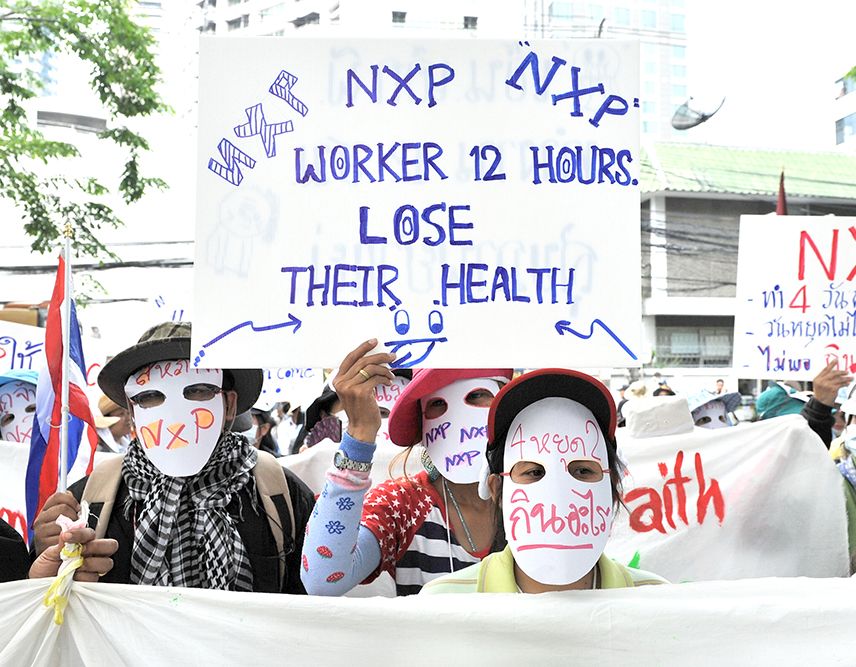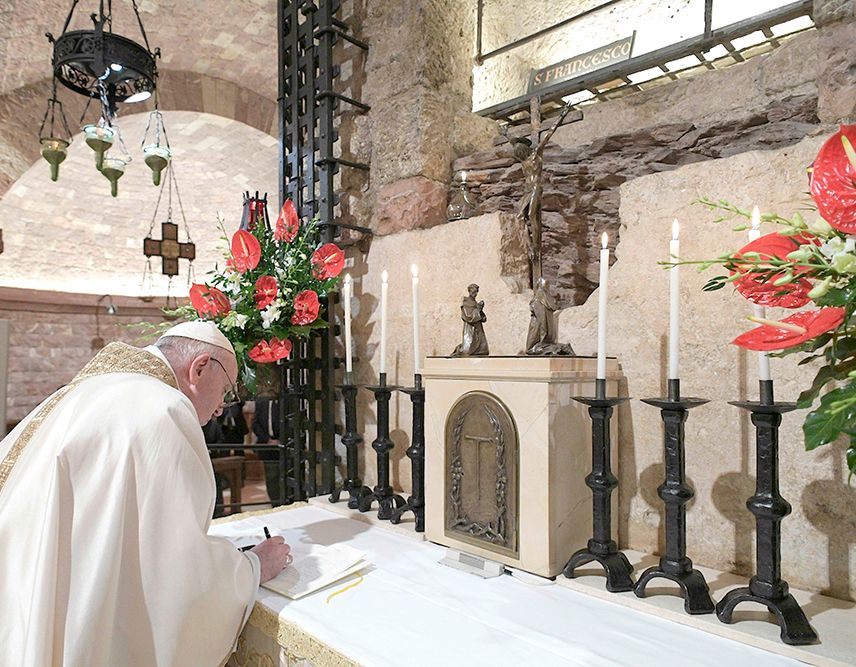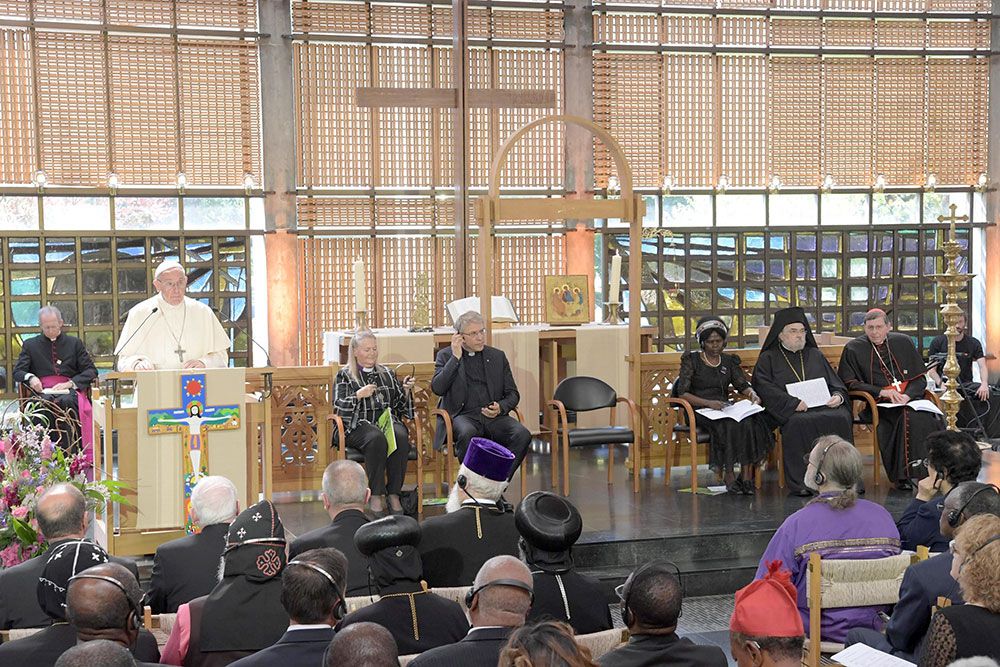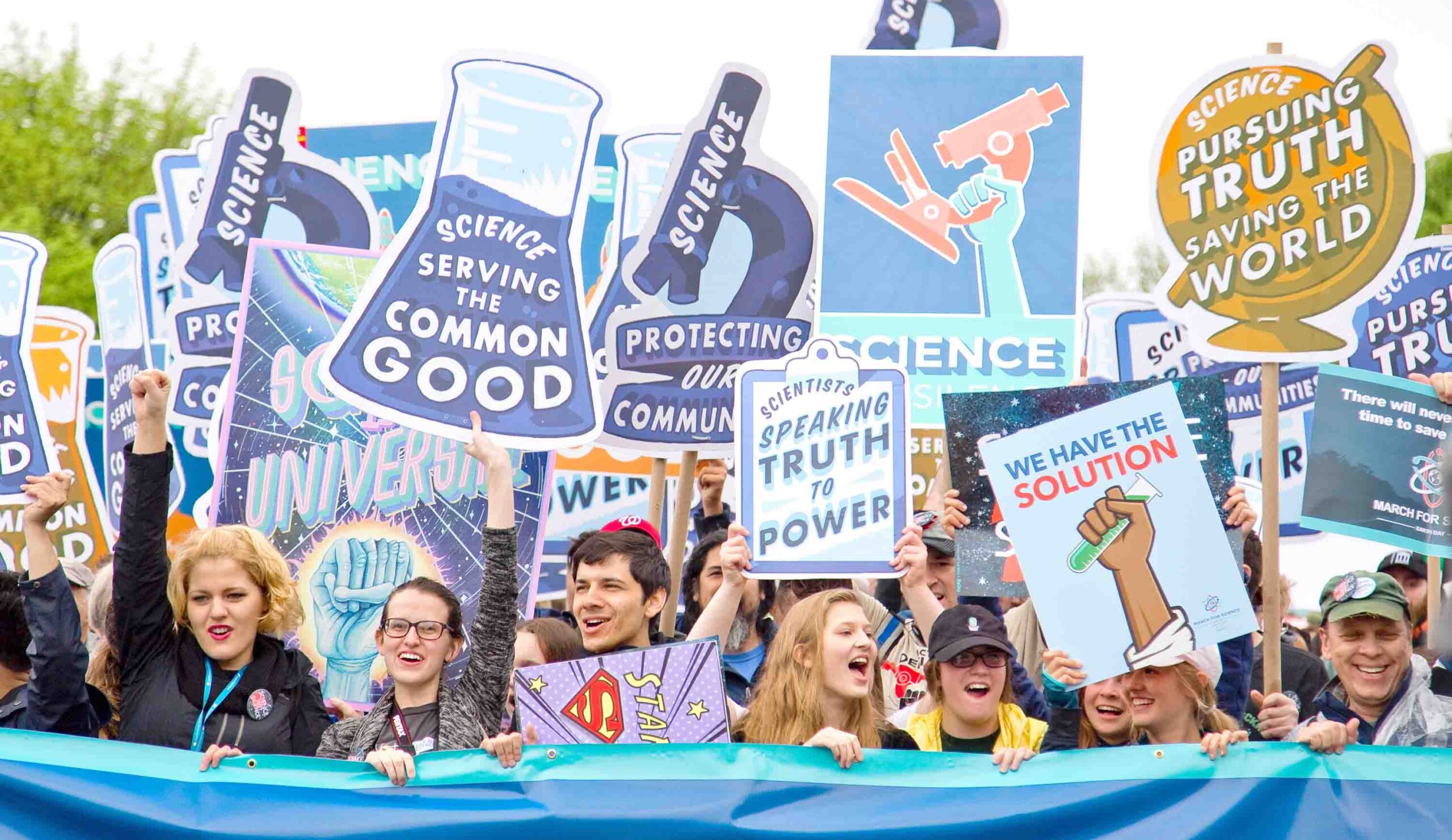With the Russian army deep in Ukraine and over ten million Ukrainians having to flee their homes, the entire world is longing for peace. We little realized how dependent the EU was on Russian gas and Africa on Ukrainian wheat. Yes, in the emerging world, we are going to be more and more dependent on each other. We all depend on each other’s contribution. With the supply chain disrupted, the world economy goes chaotic. We fervently pray for peace.
Let me begin with a general statement valid in any part of the world today. We have been fed for over a century on philosophies of struggle, whether of Darwin, Marx, Nietzsche, or anyone else, and are inspired by the ideals of fighting and struggling for justice and rights that our combating spirit has grown and our reconciling skills have sagged. No wonder, then, that the fighter is the hero today.
Consequently, we are beginning to forget that there are certain basic skills traditional in all cultures, like paying respectful attention to other people’s points of view, trying to understand them; showing sympathy for even an opponent’s concerns, gently drawing people into understanding one’s own point of view, evoking collaboration and inviting compromise.
Today, many of the prevalent conflict situations are explained in terms of ethnic, regional, national, religious, or community grievances. Foreseeing difficulties, one can be more readily helpful. Experience shows that a society with a high proportion of young people, as in the developing countries of Africa and the Middle East, is likely to have youthful energies that collide if they are not guided in a positive direction.
State machinery or opposition parties having aggressive designs, find it easy to mobilize supporters in a climate of exploding youthful energy, especially when young people are aggrieved with problems related to land scarcity, joblessness, depressed wages, or political marginalization. As a consequence, there emerges a youth-dense street culture, gang formation, and mob violence.
Similarly, in many parts of Asia and Africa, migrations to each other’s areas during the colonial period have left behind several inter-ethnic tensions. The ‘sons of the soil’ in many places aggressively assert their rights. Of course, the rights of the indigenous people must surely be respected. However, if the immigrants learn to respect local concerns and integrate, and if the indigenous people avoid discrimination, both groups are going to gain. Different communities will gain from the talent, skill, and experience of each other.
Almost all over Asia and Africa we notice migrations either to less populated areas of the same country or to urban centers and developed countries. In recent years, migrations to Europe and America have intensified due to weak national economies, natural or human disasters, or inter-community conflicts in weakly governed countries. All these migrations and inter-mixing of peoples lead to uneasy relationships between people of diverse ideologies, lifestyles, relationship styles, cultures, social codes, and religious loyalties.
Nationalism To The Extreme
Intensification of Asian and African migrations into Europe has roused the fear of migrants of alien cultures and stirred the right-wing parties to life. There is evidently a Fascist streak in many of the new forms of vocal nationalism and ethnic self-assertions. When nationalism goes to extremes, the nation becomes an idol to which everything is sacrificed.
One remembers how World War I was inspired by erratic nationalism and destroyed a generation of young men who had initially embraced it with enthusiasm. That is what seems to be happening in West Asia and North Africa, or in some other emerging regions of the world. On the contrary, healthy nationalism relates in a healthy manner to religious, cultural, ethnic, and ideological realities.
Recent history has shown how an alien effort to impose democracy in the Middle East with ulterior motives has ended up merely rousing resentment and kindling anger. A society that feels wronged and humiliated is bound to grow stronger and stronger; every blow adds to its strength. In an asymmetrical war, the weak feel justified to strike back in unexpected places and in unexpected ways. The desperate look for desperate remedies.
Thus, colonial power games, oil-treasure hunts, forced expansion of markets, anti-Soviet training, and internal rivalries have churned out any number of rebels, insurgents, and terrorists.
If, in this context, there were enough leaders who were capable of understanding different cultural and national sensitivities, able to analyze the contextual reasons for anger, and ready to address the problems with openness and sympathy, a happy relationship could be developed. Unfortunately, we are dragged into the painful process of irresponsible action-reaction, counter-reaction, and over-reaction until even the neutral society is sucked into one side or the other.
Healing Of Memories
The tragedy today is that revived memories of historic injuries have hardened: prejudices multiply as psychological distances grow. Many things get mixed up together. The tussle in the Middle East, for example, is about colonial memories mixed up with cultural distances and clashing geopolitical interests, while using religious slogans and symbols. Healing of memories is an absolute need to construct a shared future.
The reputed historian Arnold Toynbee in his “Study of History” tries to show how any aggressiveness in one direction invites aggressiveness in the other direction. Looking at the same ‘law of history’ analogically, any exaggeration in one direction invites pushback in the opposite direction. For instance, the Capitalist exaggerations of the nineteenth century gave rise to Communism and sent a wave of socialism all around the world. But then Communists went to excesses when the victory was theirs, and capitalism bounced back to life, brazenly and remorselessly since the turn of the century. New reactions lie ahead.
Inequality Invites Violence
Thomas Piketty, in his study “Capital in the Twenty-First Century”, cautions us against the possible return of the 19th century situation of gross inequality. Marx’s theories were developed to respond to workers’ helplessness before the stagnating wages of the 19th century as production increased.
After World War II, there was a reduction in income inequality in rich countries, partly due to the shock of the war and partly due to the pressure of the Socialist Bloc. However, since the 1970s, income inequality has visibly risen especially after the fall of the Soviet Bloc.
According to Piketty, the Marxist warning about infinite accumulation remains a danger in the 21st century, and it can lead to ‘destabilization’, by which he means possible ‘revolution’.
If inequality within the same country can be a great cause for anxiety, the greater danger is the possibility of rich countries coming to be owned by their own billionaires, and the world by the world’s billionaires. The right steps to prevent an endless inegalitarian spiral that Piketty suggests are progressive capital tax and a high level of international financial transparency.
In the present profit-maximizing economy, production kings and oil emperors are busy discussing only how to capture the market, eliminate the opponent, evade the law, manipulate the prices, and deceive political decision-makers. The biggest earnings today go to arms producers. With some 40 arms conflicts going on in the world, approximately 150,000 die violent deaths every year.
Many inter-community tensions that we complain about are deliberately created or aggravated by arms manufacturers. The media is in their hands. Leaders of weaker nations who oppose their trade practices are blacklisted, maligned, and brought down. Arms go to political dissidents of every ideology, narcotic leaders, regional ‘strong men’, slum lords, and antisocial elements of every persuasion and interest. No wonder violence has increased in the world.
Historically speaking, no society’s passage from relaxed agricultural traditions to industrialization was peaceful. In Europe, it led to chaos in the political, economic, and social fields–involving nothing less than two World Wars. Today what is happening in many disturbed areas of the world is what happened to European society in an earlier era. Disoriented youth, while caught between diverse collective aversions mentioned above, are worried about their immediate problems, especially unemployment. There are no great leaders on the scene to hold out convincing ideals. No wonder they surrender to myth-creators and ‘strong men’: like Putin, Erdogan, Trump, and Le Pen.
Seeking Solutions
It would seem that this era of anger is here to stay for a while. It is tough-going for peace workers in their daily efforts. That is why many peace volunteers withdraw after some time. Dorothy Day, a peace activist in America, found it hard to sustain the motivation of her young supporters. All great social transformations called for long struggles. William Wilberforce fought for long years before slavery was formally abolished in 1806.
Deeper reflection on conflicts and their diverse causes must continue, efforts for removing those causes must be pursued, and the elimination of violence in society must become a program of life. And we need to keep struggling. “In God, nothing is lost,” Brother Roger of Taize used to say.

